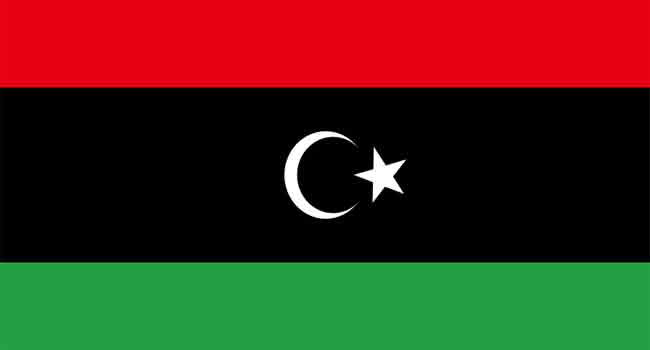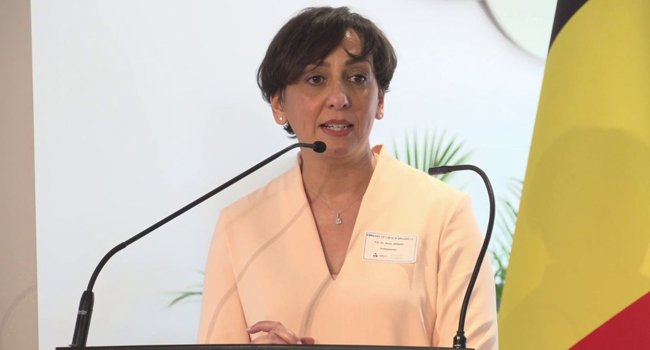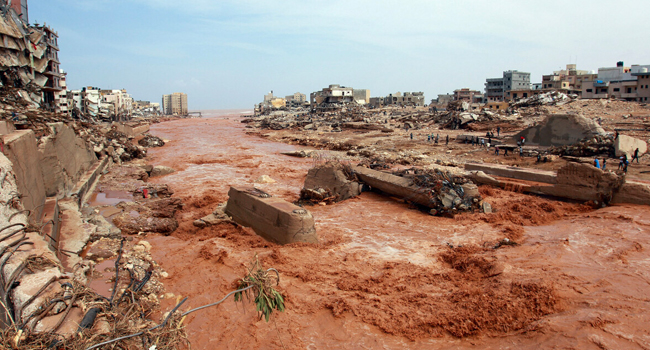
The UN mission in Libya has urged leaders to stick to the December 24 timeline for presidential and legislative polls it hopes will help stabilise the war-battered nation.
Libya has been struggling to move past the violence that has wracked the oil-rich nation since a 2011 NATO-backed uprising toppled and killed dictator Moamer Kadhafi, with political wrangling over the date of the polls the latest stumbling block.
A ceasefire between eastern and western factions last year led to a fragile unity government taking office in March, with a mandate to take the country to elections.
Part of an agreed roadmap was to hold elections on the same day.
Foreign powers have been pushing hard for elections to be held as scheduled after the date was agreed at UN-led talks last year.
The UN Support Mission in Libya, or UNSMIL, believes that a double vote would boost the “credibility” of the polls and “the acceptance of the results of the elections”.
“Respecting the principle of simultaneous presidential and parliamentary elections on 24 December 2021 is needed to preserve the integrity of the electoral process,” UNSMIL said in a statement late Saturday.
But there are deep disagreements between the government in the capital Tripoli in the west, led by Prime Minister Abdulhamid Dbeibah, and parliament in the eastern city of Tobruk, led by Aguila Saleh.
In September, Saleh signed off on legislation for the December presidential election, which critics said bypassed due process and favoured a run by his ally, the eastern military strongman Khalifa Haftar.
It sparked an angry reaction from Tripoli.
Haftar is widely expected to stand as a presidential candidate, but is despised by many in Libya’s west.
Then in early October, parliament split the dates of the vote by postponing legislative elections until January.
Just over two weeks later, Dbeibah promised the vote would be held “on time”.




